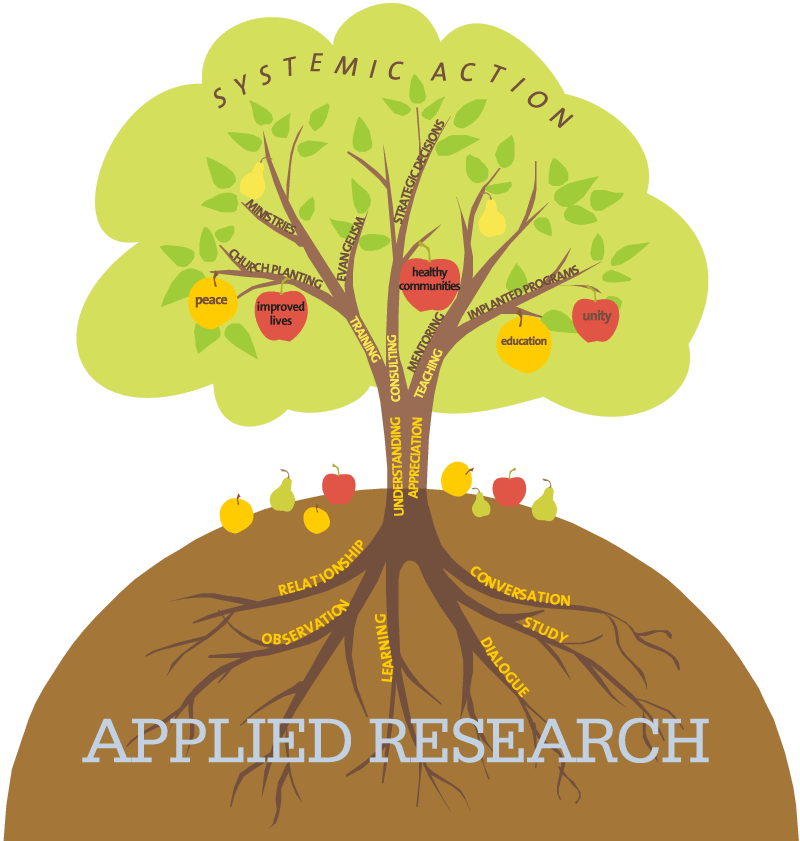
Higher learning, governmental and non-governmental institutions sponsor their staff and other professionals to conduct thousands of researches every year. But, whether their research findings are utilized to bring about solutions to social, economic and political problems remain questionable.
In fact, some claim that most higher learning institutions pursue not more than academic research that end up being a paper tiger. On the other hand, even researches that are conducted for applied purposes are still left on the shelf than solving societal problems. The country’s education sector development program underlines that research has been given a platform under a new direction and set of policy frameworks.
Taking into account its internal reform process, and the responsibility entrusted to it by the government, Addis Ababa University (AAU), the country’s pioneer and oldest institution of higher learning has recently announced its new vision of becoming a preeminent research university in Africa.
Research should proactively respond to the national demand for new knowledge and technology and strengthen the capacity of students in contemporary science and technology, Dereje Tefera, (PhD) an Associate Prof. of Public Policy at the Ethiopian Civil Service University tells The Ethiopian Herald.
“For applied researches to bring about practical solutions to societal problems,” he says “it needs strong and effective collaboration among researchers, research institutions, and the respective sectoral authorities in the country.” “It is through collaboration that we would be able to make sure that researches, particularly, applied researches bring forth meaningful contributions to the overall socio-economic development,” he says.
The new research policy states that researches shall be conducted in the most cost-effective and responsive manner. In Addition, it has to be interdisciplinary and multidisciplinary in its scope, and thematic in its approach. Dr. Dereje notes that it can be said that all sectors of the country are not effective in manipulating and utilizing research findings. “They fail to align their objectives with the research due to lack of cooperation between the sector offices and research institutions or universities.”
The other factor contributing to the poor application of research finding to resolve socioeconomic problems is that sector institutions are reluctant either to cooperate with researchers during study or to accept the findings in their area having the wrong perception that research findings may tarnish the image of their institutions, according to Dr. Dereje. For Dr. Dereje, it is hard to conclude that the researches carried out every year in universities are not applied to solve practical problems.
At times, the findings might not be applied to solve problems due to budget constraints, adds Dereje. “That is why I advise collaboration work among researchers, sector institutions and higher education institutions.” Ambo University President, Dr. Tadesse Ken’a for his part states that majority of researches at universities are conducted for academic purposes or as a partial fulfillment to earn a degree.
The main purpose of university research thesis is to familiar graduates with the basic principles of research; he says adding yet it is also compulsory for the universities to approve research proposals that provide problem solving outputs. Universities and other research institutions should undertake researches that must be translated in action to change community’s all rounded problems as an extension to their research and community service programs entrusted to all universities, according to the president.
The number of public universities has been growing steadily in the country. However, agreeably, the culture of research remains at its lowest stages, he adds. Ambo University, among the second generation universities in Ethiopia, has 17 postgraduate programs, out of which four are doctoral level program.
Similarly, there are about 50 public universities in the country. And the number of private higher learning institutions across the country has also increased significantly. They have all research and community centered programs. But, as both university staffers state, the culture of applied research is still at infant stage.
The Ethiopian Herald, March 21/2019
BY HAFTU GEBREZGABIHER





